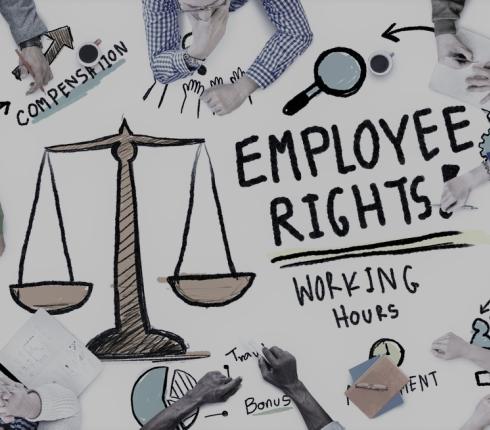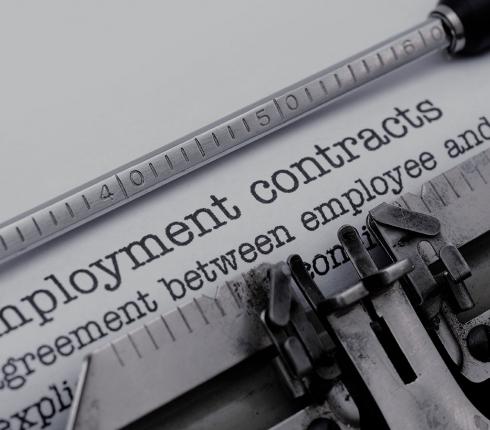Test Assignment, Simulation of the Work Situation or Probation Period?
The employer wants to hire an employee who is able to do a specific job. In addition, it is very important to fit the employee into the team. A professional diploma confirms professional preparation and qualification but does not guarantee that the health, knowledge, skills, abilities, and personal characteristics of the employee corresponding to the level required by the employer to fill a particular position.

You would think the situation will be solved by a so-called test assignment. Not really. The Employment Contracts Act does not contain a regulation on a test assignment. A test assignment lasting up to one day is possible within the framework of employment mediation through the Estonian Unemployment Insurance Fund. In order to assess the professional skills and personal characteristics of an employee, the regulation of a probationary period is prescribed in the Employment Contracts Act. This, however, requires the existence of an employment contract.
Is there any other way to determine, outside the employment contract, whether the skills of the applicant are suitable and correspond to the position?
Yes, it may be a test, i.e., a short-term imitation of the work situation in the presence of the employer. In a recent ruling, the Supreme Court has found that practical tests, probations, etc. aimed at identifying working skills should, at least in general, be limited to simulating a short-term work situation in the presence of an employer. A situation where the applicant performs work for the employer under the guise of pre-contractual negotiations or attempting work for the employer from which the employer benefits financially, cannot be considered permissible, especially if the person seeking employment performs the duties (orders) without the presence of the employer, i.e., independently. Pre-contractual negotiations should be limited to the initial identification of the applicant's skills and should not be transformed into unpaid employment. The employer may also prove that the applicant knew and agreed on a check of his or her professional skills, followed by the employer's decision whether or not to conclude an employment contract. For this purpose, the employer should also prove that he or she explained to the applicant how long the preliminary assessment of professional skills would last and when the employer would notify the applicant of the conclusion or non-conclusion of the employment contract with him or her (Judgment No 2-20-5834 of the Supreme Court).































